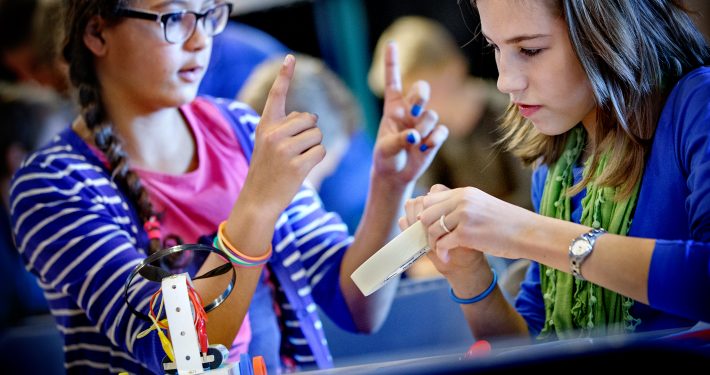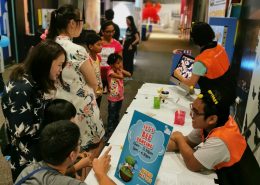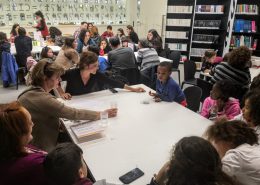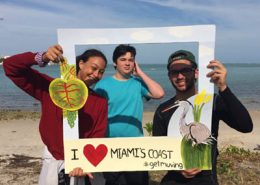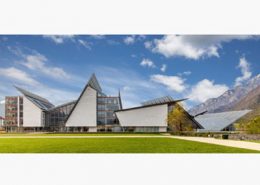Goal 5: Achieve gender equality and empower all women and girls
STEM careers represent a great professional possibility for women in Europe and around the world. But while on average, women are more educated than men globally, they are still underrepresented in many STEM professions and their chances of rising to positions of leadership are only 28% of those of men .
To address this issue, informal education plays a key role in attracting girls to STEM areas of study. Led by NEMO Science Museum in Amsterdam, Hypatia is a Horizon2020 EU-funded project that gathers different actors around bringing more teenagers, especially girls, into STEM careers. It aims to change the ways sciences are communicated to young people to make them more gender inclusive as a step to achieve gender equality.
The project will develop a toolkit of accessible, practical and ready-to-use collection of digital modules that will be used by teachers, informal learning organizations, researchers, and industry to bring more girls to STEM careers. The modules produced by Hypatia will have a central focus on gender-inclusive ways of communicating STEM, empowering girls, and exploring the range of skills that are needed for a great variety of STEM studies and careers open to young people.
Science centers and museums are at the core of the project. They lead national hubs in 14 countries: Austria, Denmark, Estonia, France, Greece, Ireland, Israel, Italy, Poland, Serbia, Spain, Sweden, the Netherlands, and the United Kingdom. The national hubs consist of a panel of informal educational institutions, schools (science teachers, but also head teachers), local, regional, and national authorities, academic research institutes and industries, gender experts, parents, but above all, young people themselves. They are crucial in the development and implementation of the Hypatia toolkit modules. The Hypatia hubs will provide a sustainable basis for these activities to be carried out in the long term with a focus on dissemination through networks that will allow the project impact to multiply.
Besides putting forward new events and activities based on the project tools, the hubs will adapt existing events, making use of the toolkit and improving the extent to which these events address issues of gender.
Science centers and museums are the channel through which the Hypatia project disseminates a new approach to gender inclusiveness based on the understanding that gender is more than the result of a biological sex; it is also a social construct. Gender has long been assumed to be synonymous with biological sex. However, research suggests that gender is not a simple translation of biological difference: each individual expresses their own gender.
Hypatia encourages all learners, regardless of their biological sex, to value their own experiences and interests and reflect on their relevance for science learning. This practice will raise awareness of the needs of marginalized groups of learners, irrespective of their biological sex, and represents a great contribution to achieve gender equality and empower all women and girls.
Project websites:
Expect Everything: URL: http://www.expecteverything.eu/
Hypatia URL: http://www.expecteverything.eu/hypatia/
Image © Nemo Science Museum

